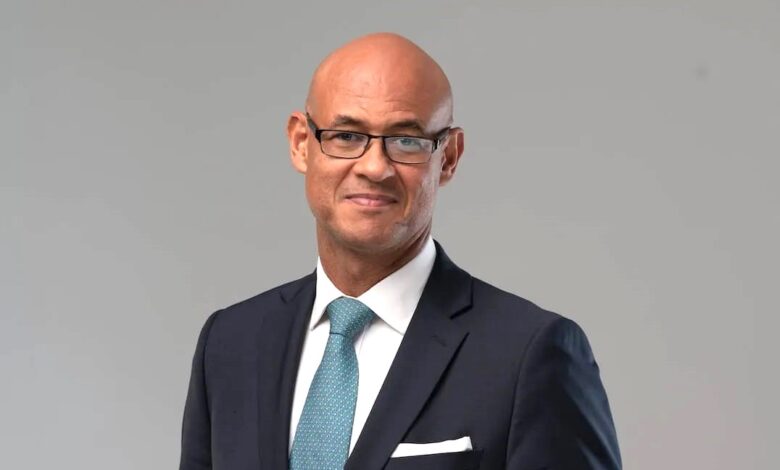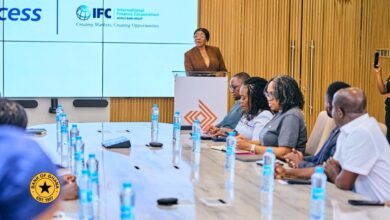African economies brace for impact as AGOA faces uncertainty

CHIEF Executive Officer (CEO) of Ecobank Transnational Incorporated (ETI), Jeremy Awori, has expressed concern over the future of the African Growth and Opportunity Act (AGOA) as it comes up for review next year, warning of its potential impact on African economies.
He underscored how evolving US-China trade relations could indirectly affect African exports, particularly commodities.
Speaking about the anticipated global economic shifts under a possible new U.S. administration, led by former President Donald Trump, Mr. Awori highlighted key areas of focus such as trade tariffs, immigration, and diplomacy.
He noted that a return to Trump’s policies could signal stricter tariffs on goods entering the U.S., potentially altering global trade flows and creating ripple effects across Africa.
“We know AGOA is coming up for review next year. So, we will have to wait and see what his government’s stance is towards AGOA, whether it will be renewed,” Mr. Awori said.
“It could be that there are other bigger priorities, and it just gets renewed without any issue, or it could be in focus. We don’t know. But we really hope that AGOA isn’t affected because it drives a lot of exports from African countries.”
AGOA, first enacted in 2000, has been a linchpin in facilitating duty-free access for African exports into the U.S. market. The initiative has supported economic growth across the continent, particularly in sectors such as agriculture, textiles, and light manufacturing.
For many African nations, AGOA has been vital in enhancing trade, attracting foreign investments, and creating jobs.
However, Mr. Awori warned that a change in the U.S. administration’s trade posture could pose risks to these gains. “He [Trump] has been quite direct around wanting tariffs on those exporting into the U.S. and supporting U.S. firms,” he observed.
Such a shift, if applied broadly, could limit access for African goods, making them less competitive in the U.S. market.
Beyond AGOA, Mr. Awori pointed to the escalating US-China trade tensions as another significant factor that could impact Africa. He noted that any increase in tariffs on Chinese goods under Trump’s leadership could create indirect consequences for African economies, particularly those dependent on commodity exports.
“We’ll wait and see. There’s quite some talk of much stronger tariffs on Chinese goods that could have an indirect impact on imports of commodities,” he said. China, Africa’s largest trading partner, plays a major role in driving demand for key African exports such as oil, minerals, metals, and agricultural products.
Any economic slowdown or reduction in Chinese exports due to heightened U.S. tariffs could weaken demand for African commodities, driving down prices and reducing export revenues.
For African economies that are heavily commodity-dependent, such a development could strain fiscal revenues and growth prospects. Mr. Awori’s remarks underscore the interconnected nature of global trade, where decisions made by economic giants like the U.S. and China reverberate across smaller economies, particularly in Africa.
The Ecobank CEO emphasized that policymakers on the continent must prepare for these potential disruptions and proactively position their economies to withstand external shocks. “It’s crucial that Africa diversifies its export markets and reduces overreliance on a single trade arrangement,” he advised.
His comments come at a time when Africa is already grappling with challenges such as inflationary pressures, currency depreciation, and global economic uncertainty. The combination of AGOA’s uncertain renewal and a volatile US-China trade relationship places further strain on African economies working to stabilize their growth trajectories.
In light of these challenges, Mr. Awori’s remarks serve as a call to action for African leaders to strengthen intra-African trade, tap into opportunities presented by the African Continental Free Trade Area (AfCFTA), and develop robust trade partnerships with emerging markets.
As AGOA’s renewal approaches, African nations will be keenly watching U.S. trade policy decisions. The outcome will not only shape Africa-U.S. trade relations but also determine how well-positioned African economies are to navigate shifting global trade dynamics.




